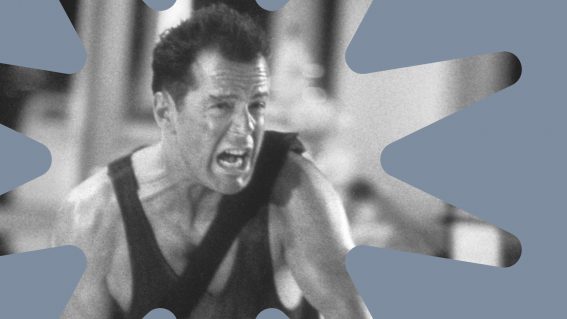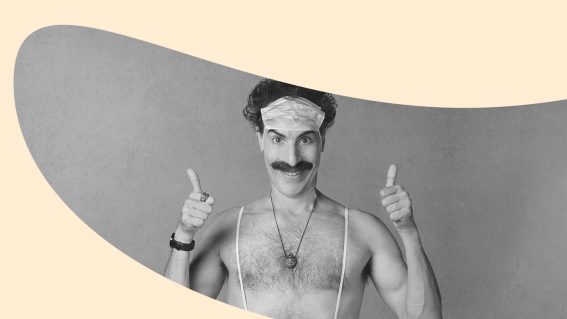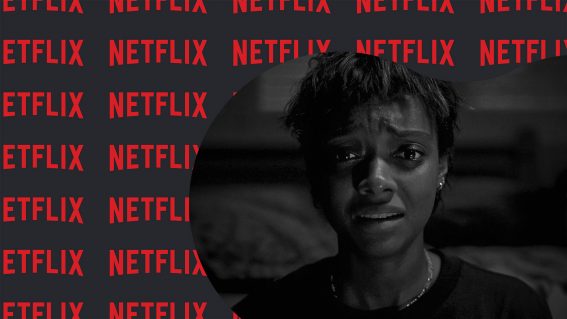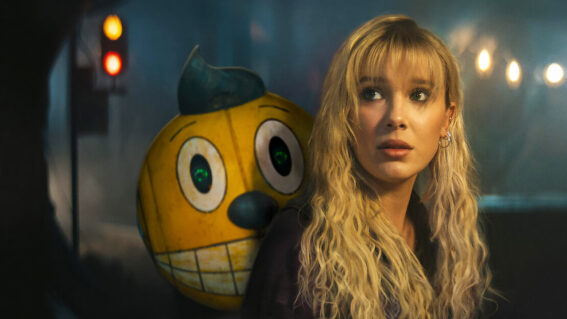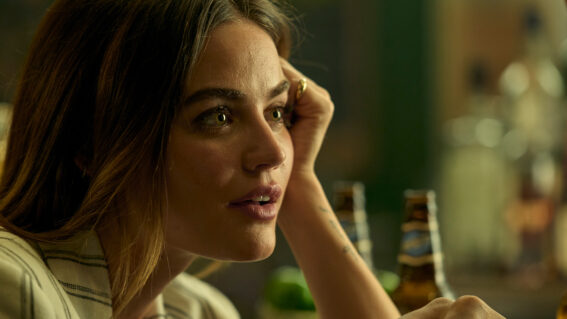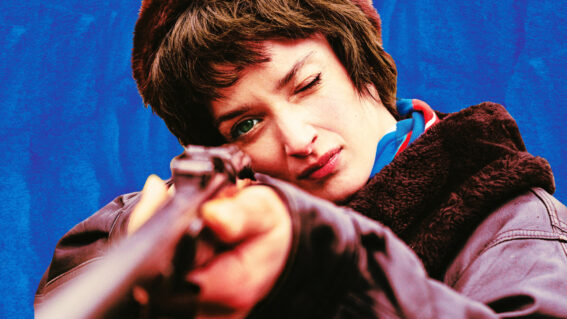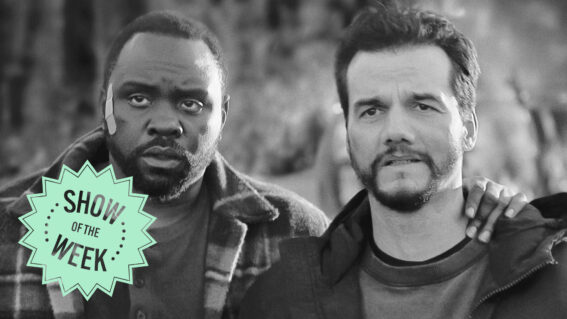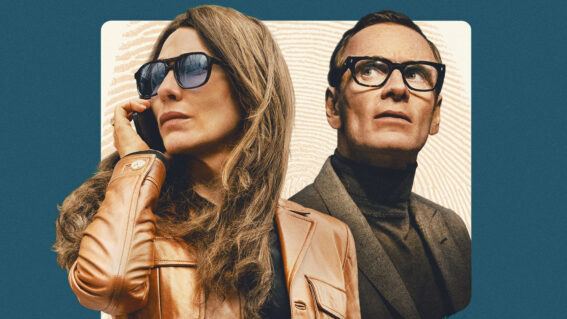Jessica Chastain and Anne Hathaway go toe-to-toe in thriller Mothers’ Instinct
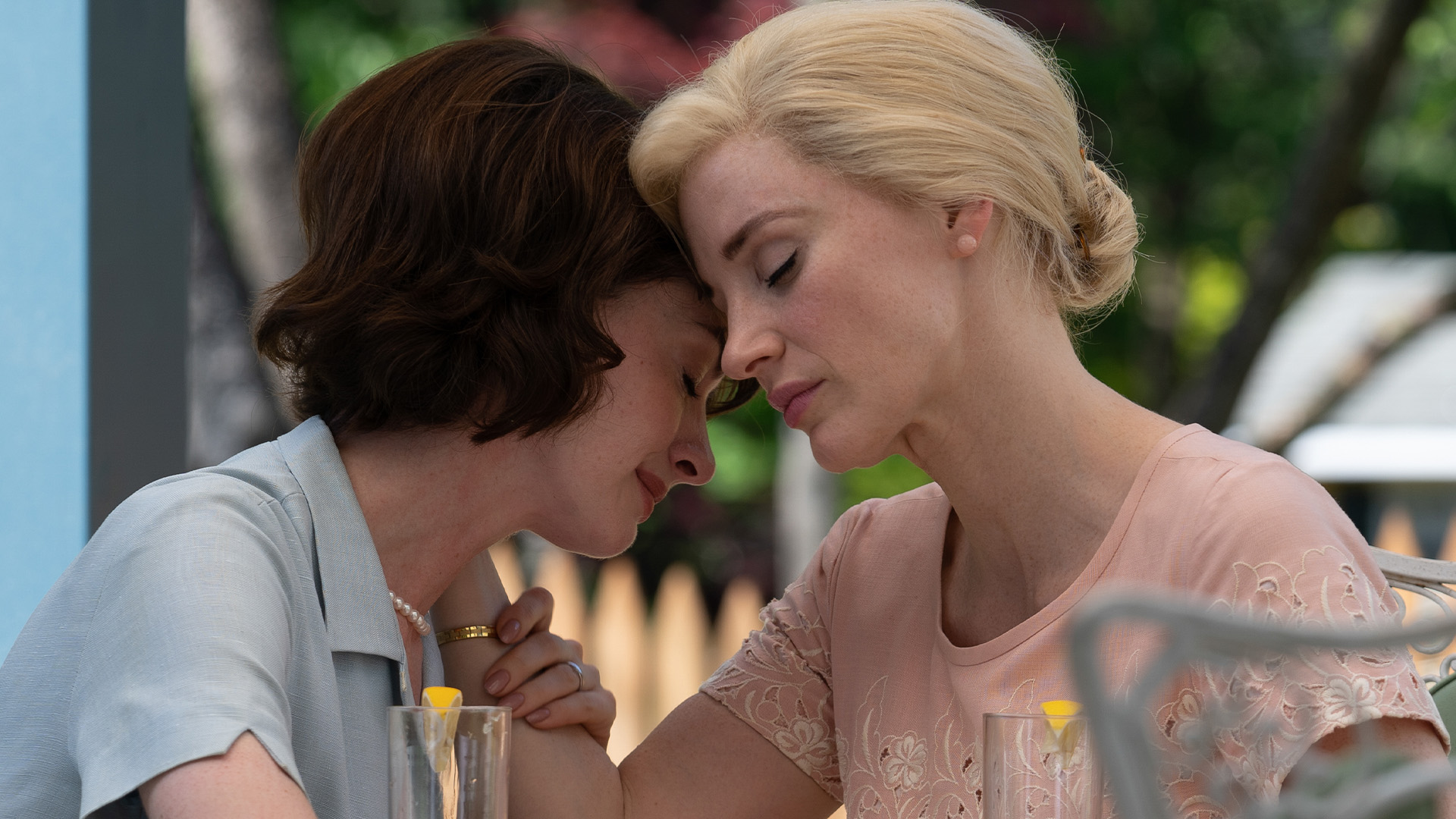
Two Hollywood greats explore grief and paranoia in Mothers’ Instinct. Steve Newall succumbs to Jessica Chastain and Anne Hathaway’s charms, and the film’s suburban anxiety.
You’ve got to get excited by the prospect of two Oscar winners duelling it out, as Jessica Chastain and Anne Hathaway do here in Mothers’ Instinct. A psychological thriller set in suburban ’60s America, the stars enter the film as jovial friends and neighbours—by the end, you’ll have willed both not to follow through on what they choose to do to one another on screen.
Mothers to two young boys, who are themselves best pals, Alice (Chastain) and Céline (Hathaway) are stay-at-home housewives living extremely comfortable, if not outright wealthy lives. That’s not to say the American Dream of the era guarantees perfection—Alice chafes against the dullness of her routine, and yearns for a journalism career; Céline unsuccessfully seeks to welcome a new addition to her family.
This is all above the pay grade of their sons Max and Theo, who exist in the blissful world of nine-year-old besties—tunnelling through the hedge between their houses to play at every opportunity. The adults, too, are seen enjoying their own recreation as Alice and Céline dance boozily in the living room, their husbands Simon (Anders Danielsen Lie) and Damian (Josh Charles) enjoying the conviviality.
But this is all sketched after the opening scenes of Mothers’ Instinct, which nod towards what is to come later in the film. Alice sneaks into Céline’s house during the day, seeking out a deadly-looking pair of scissors… but Céline unexpectedly returns, and her homemaker’s eye for detail sees the curtains are amiss. An ambush is just around the corner—but this time, at least, it’s in the form of a surprise party.
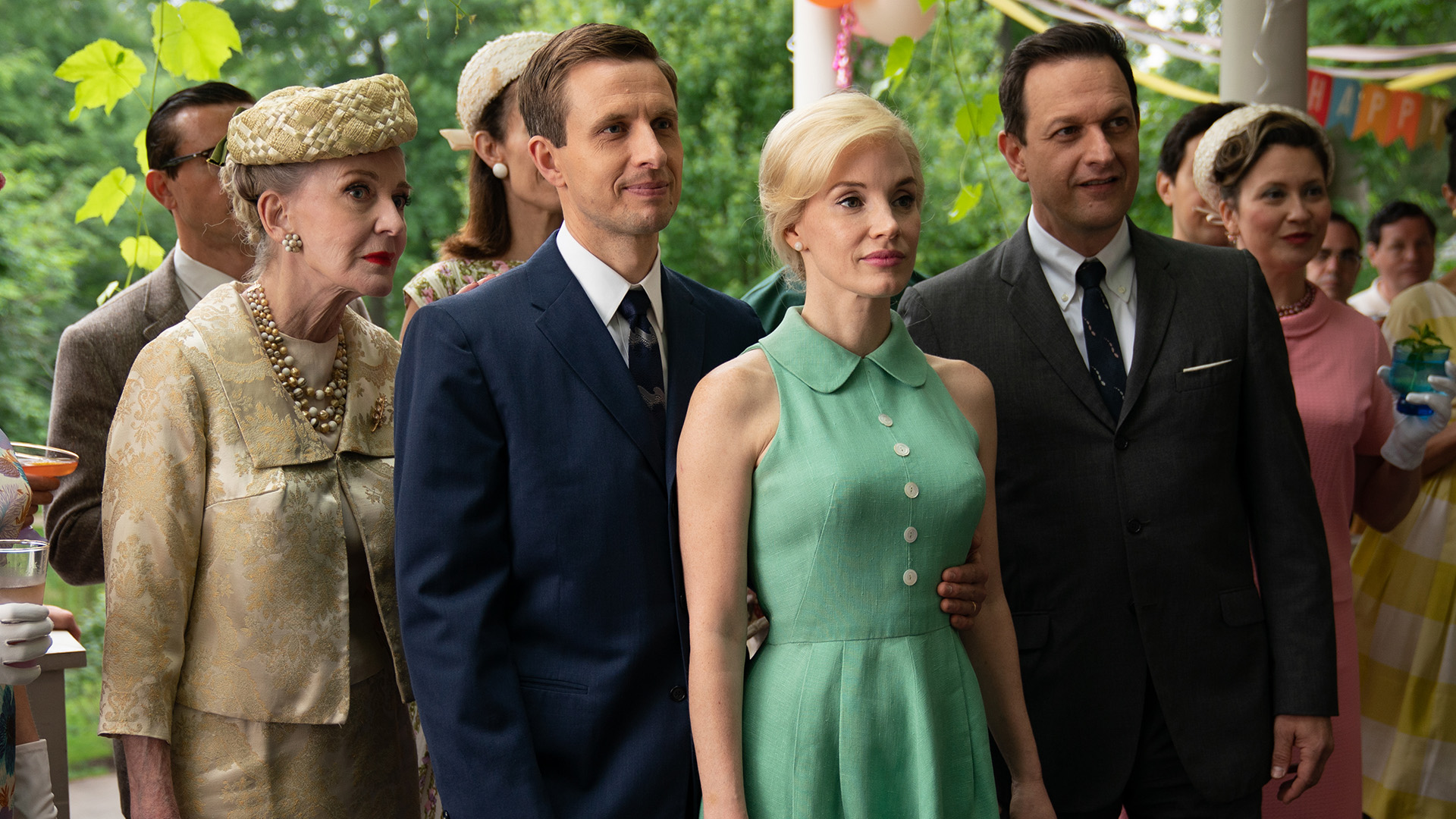
Jeez, it’s all pretty perfect. Too perfect. I mean, what kind of movie would we have without something going awry?
When it soon does, it’s with awfully tragic consequences. The normally inseparable Max and Theo have been parted by illness, with Theo laid up sick at home while his mate is at school. Bed rest should be the prescription—but Alice rightly panics when she sees Theo precariously perched on an upstairs balcony railing. He’s trying to hang a new birdhouse, wobbling above a drop that really ought to concern him more.
It certainly affects Alice, though, who races next door to alert Céline. Her friend is downstairs vacuuming, utterly unaware of the risky manoeuvres being attempted above. By the time they reach the balcony, it’s empty and the worst has happened—Céline’s child is dead.
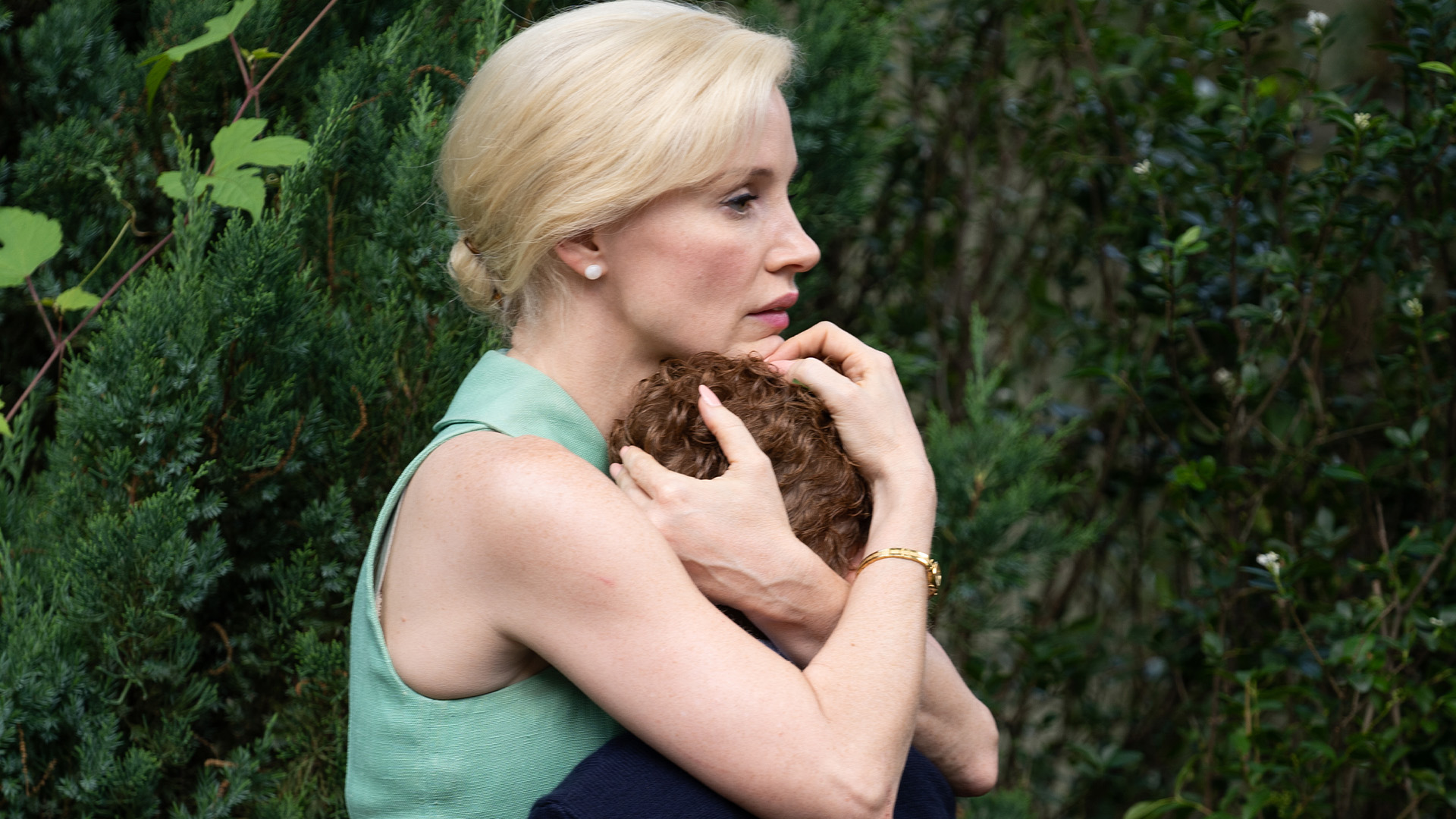
Mothers’ Instinct invites us to spend some time considering appropriate forms of mourning, as well as whether we’re really equipped to decide what is and isn’t. Céline’s grief manifests in shutting Alice out, something she gamely acknowledges and apologises for—but the seeds have been sown. Soon Céline is exhibiting a number of behaviours that alarm her friend, including what Alice considers too close a relationship with her own son Max.
There’s no room for messy women, even nuanced messy women, in the society of 1960s America, it seems. Third act explanations and back story acknowledge the main characters’ secret traumas, and go some way to justifying their feelings and actions—but by the time we learn these, the stakes have risen… and Alice starts to believe they’ve risen to murder.
Increasing anxiety and paranoia permeate the film, as we question Alice’s interpretation of events—and whether Céline is believable as she tries to dispel her friend’s concerns.
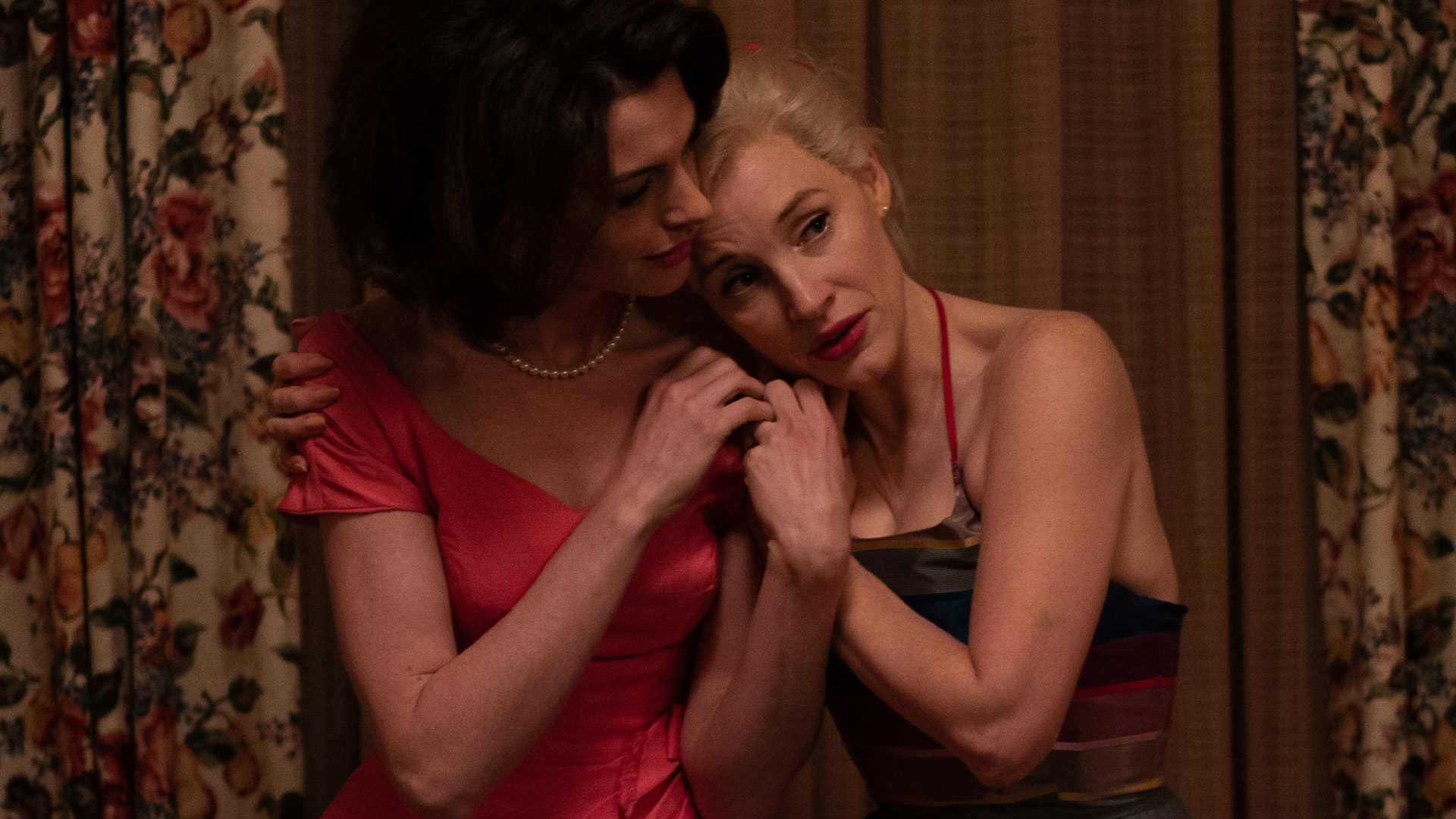
In Jessica Chastain and Anne Hathaway, Mothers’ Instinct has a great duo who can sell the veneer of suburban perfection while offering ambiguous glimpses at what lies beneath. First-time director and long-time cinematographer Benoît Delhomme had worked with both actors previously, and was impressed by how they showed up.
“What they brought was so beautiful, and their chemistry was so good”, Delhomme told A Rabbits Foot. “Anne and Jessica, I didn’t try to redirect them. I was observing them. I wanted to give them freedom to express the characters they had built in their head. I said, okay, I’m not Mike Nichols. Let’s work in a different way.”
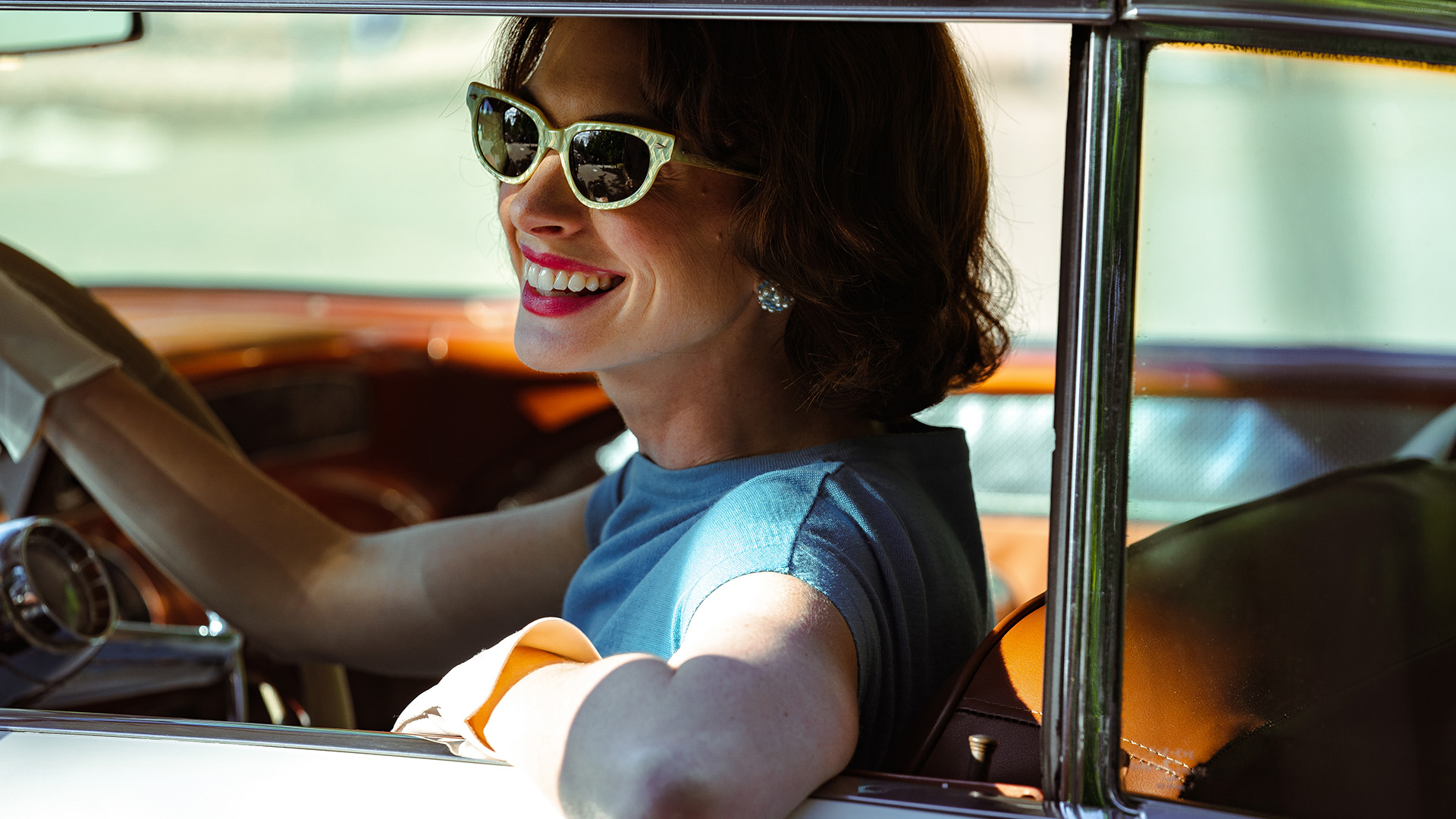
That’s what was needed for Hathaway too. “It was one of those jobs you really, really didn’t want to take home with you,” she told Sky News. Describing losing a child as her worst fear, the actor needed to protect herself from the part, which resulted in a request to be addressed as her character on set. The way this is told sounds the opposite of pretension or method—instead, a sane response to the challenges of summoning maternal grief day in, day out.
For Chastain, the process of getting into character was perhaps the exact opposite. “For my character, really, it was an exploration not only in motherhood, but of anxiety”, Chastain shared with Glamour. “She faces a lot of restrictions and pushback against the woman she longs to be, and I feel quite different in my life. So it was more about trying to connect to something outside of myself.”
As longstanding friends IRL, there was plenty of connection to build on—perhaps making the slide into tragedy and psychodrama all the more compelling. There’s pain in watching Alice and Céline come apart, even if we set that aside in a third act that leaves you wondering just what will come next. If I only I had some kind of, I don’t know, mother’s instinct of my own to have helped me see just where this was all going…



